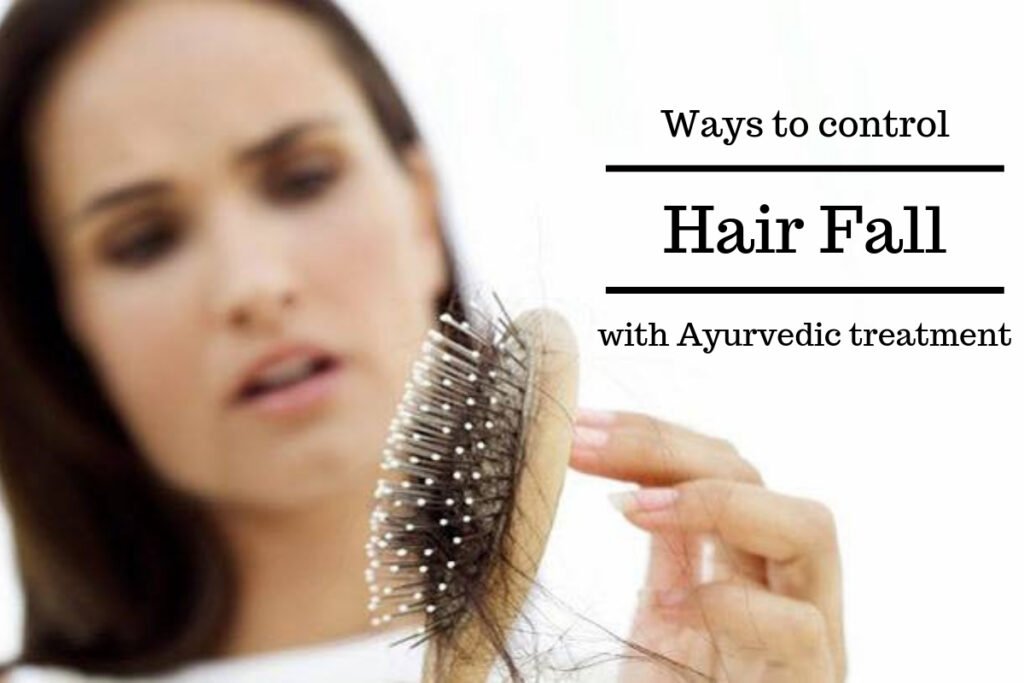Ayurvedic Hair Loss Treatment Uttar Pradesh Understanding Hair Fall: A Comprehensive Overview
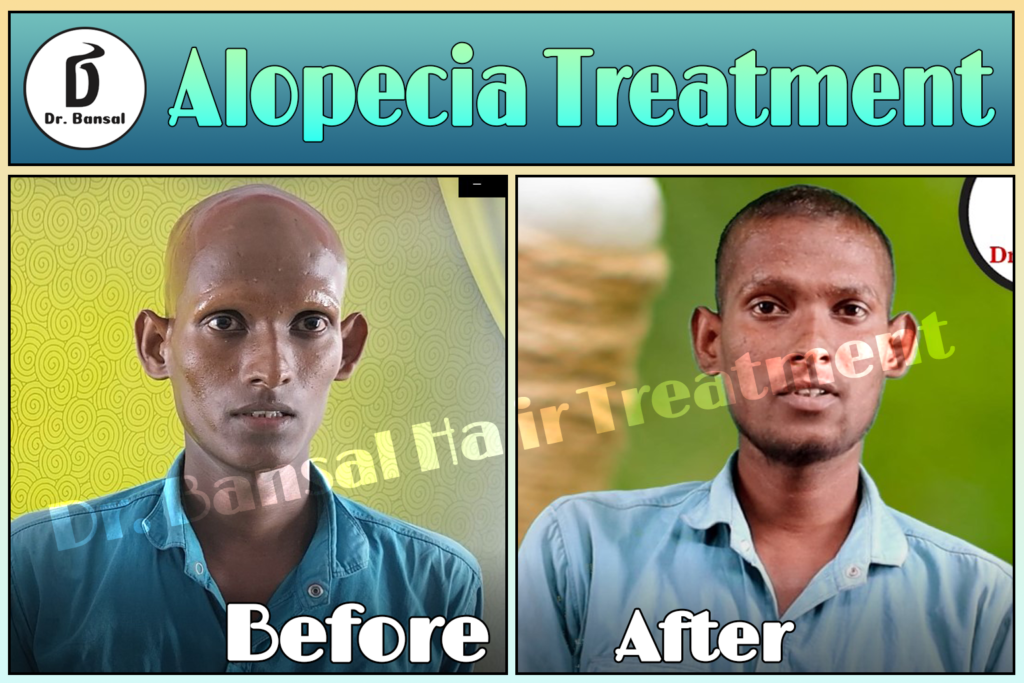
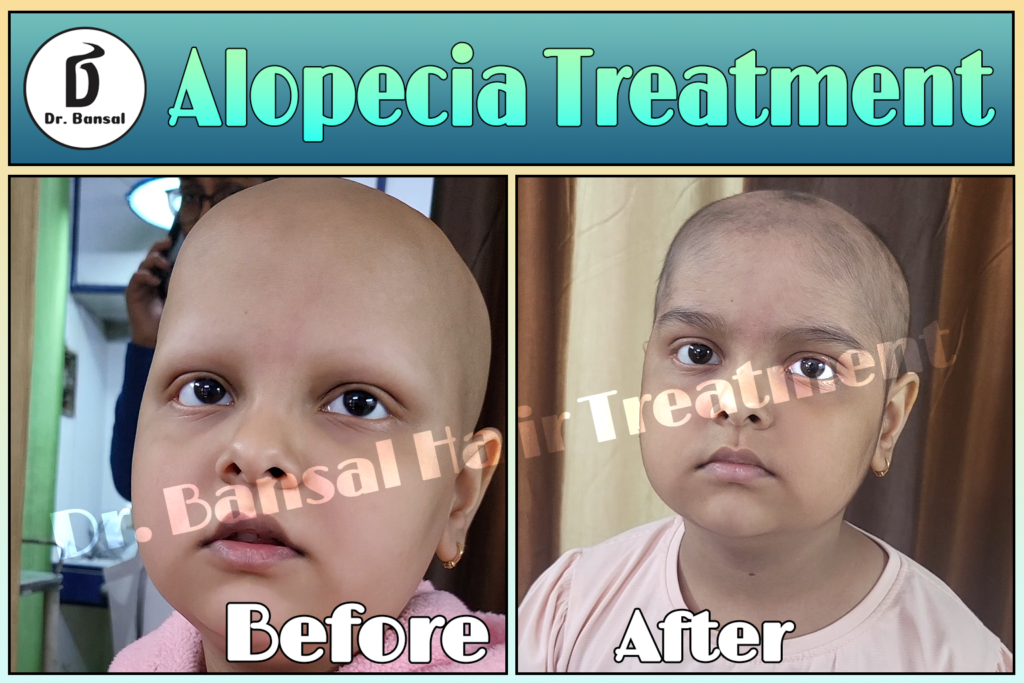
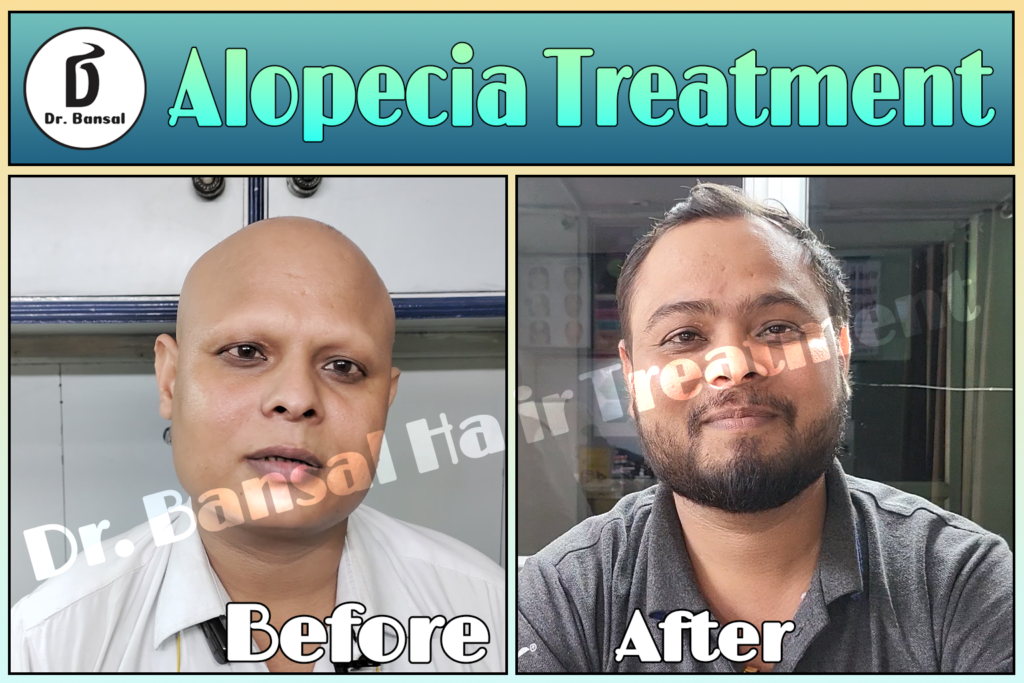
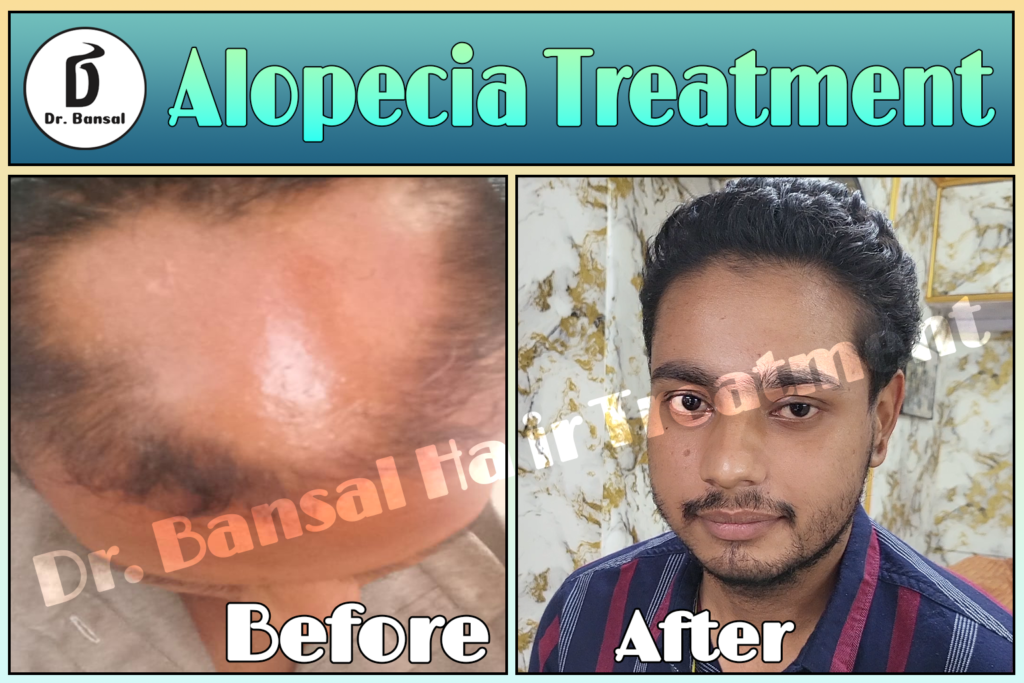
Hair loss, commonly known as alopecia, is a condition that affects millions of individuals worldwide. It can manifest in various forms and is influenced by a multitude of factors, including genetics, environment, nutritional deficiencies, and underlying medical conditions. Ayurvedic Hair Loss Treatment Uttar Pradesh
Thank you for reading this post, don't forget to subscribe!Among the different types of hair loss, alopecia totalis is a particularly severe form that results in the complete loss of hair on the scalp, and sometimes, other areas of the body. This article will delve into the intricacies of hair fall and alopecia totalis, examining its causes, diagnostic approaches, treatment options, and the psychological impact on those affected. Ayurvedic Hair Loss Treatment Uttar Pradesh
Understanding Hair Anatomy
Before delving into hair loss, it is essential to understand the basics of hair anatomy:
- Hair Structure: Each strand of hair is comprised of a protein called keratin and has three primary layers – the medulla (the innermost part), the cortex (the thickest layer), and the cuticle (the outer layer).
- Hair Growth Cycle: Hair grows through a cycle that includes the anagen (growth), catagen (transitional), and telogen (resting) phases. Understanding this cycle is crucial, as disruptions can lead to various forms of hair loss. Ayurvedic Hair Loss Treatment Uttar Pradesh
Types of Hair Loss
- Androgenetic Alopecia: Often referred to as male or female pattern baldness, this genetic condition leads to gradual thinning of hair. In men, it typically progresses to complete baldness on the crown of the head, while women may experience thinning across the scalp. Ayurvedic Hair Loss Treatment Uttar Pradesh
- Alopecia Areata: An autoimmune condition that can cause patchy hair loss. The immune system mistakenly attacks hair follicles, resulting in hair falling out in small, round patches. Ayurvedic Hair Loss Treatment Uttar Pradesh
- Alopecia Totalis: A more severe form of alopecia areata, alopecia totalis leads to the complete loss of hair on the scalp. In some cases, it may evolve into alopecia universalis, which is characterized by total hair loss on the entire body.
- Telogen Effluvium: This condition occurs when a significant number of hairs enter the telogen (resting) phase simultaneously, leading to noticeable shedding. It can be triggered by stress, illness, hormonal changes, or nutritional deficiencies.
- Traction Alopecia: Caused by hairstyles that pull the hair tightly, leading to hair breakage and bald spots. It is common in individuals who frequently wear tight ponytails, braids, or extensions. Ayurvedic Hair Loss Treatment Uttar Pradesh
- Scarring Alopecia: Conditions that result in inflammation and scarring of the hair follicles can lead to permanent hair loss. Examples include lichen planopilaris and discoid lupus erythematosus. Ayurvedic Hair Loss Treatment Uttar Pradesh
Causes of Hair Fall
Hair fall can be the result of several factors:
- Genetic Factors: Family history plays a significant role, particularly in androgenetic alopecia.
- Hormonal Changes: Hormonal fluctuations during pregnancy, menopause, or due to thyroid disorders can lead to hair loss. Ayurvedic Hair Loss Treatment Uttar Pradesh
- Nutritional Deficiencies: Lack of essential nutrients, such as iron, protein, zinc, and vitamins (especially vitamin D and Biotin), can affect hair health. Ayurvedic Hair Loss Treatment Uttar Pradesh
- Medical Conditions: Conditions such as autoimmune diseases, polycystic ovary syndrome (PCOS), and chronic illnesses can trigger hair loss.
- Medications: Certain medications, particularly those used for cancer, arthritis, depression, and heart problems, can have hair loss as a side effect. Ayurvedic Hair Loss Treatment Uttar Pradesh
- Mental Stress: Emotional or physical stress can lead to conditions like telogen effluvium.
- Environmental Factors: Pollution, exposure to toxins, and damaging hair care practices can contribute to hair loss. Ayurvedic Hair Loss Treatment Uttar Pradesh
Diagnosis of Hair Fall
Diagnosing hair loss involves several approaches:
- Medical History: A thorough medical history is crucial, including any medications, nutritional habits, and family history of hair loss.
- Physical Examination: A dermatologist or healthcare provider will examine the scalp for visible signs of hair loss, scalp health, or inflammation. Ayurvedic Hair Loss Treatment Uttar Pradesh
- Pull Test: This simple test checks how many hairs come out when tugged gently. It helps determine the phase of the hair growth cycle that most of the hair is in.
- Scalp Biopsy: In some cases, a small sample of the scalp skin may be taken to evaluate the presence of underlying conditions, such as scarring alopecia.
- Blood Tests: These tests can help identify any autoimmune disorders, hormonal imbalances, or nutritional deficiencies.
Alopecia Totalis: In-Depth Look
Alopecia totalis is characterized by the complete lack of hair on the scalp. The exact cause remains unknown, but it is believed to be an autoimmune condition where the immune system attacks the hair follicles.
Symptoms and Diagnosis
- Symptoms: The primary symptom of alopecia totalis is total hair loss on the scalp. Patients may also experience the loss of body hair. The condition can appear suddenly, with hair loss occurring over weeks.
- Diagnosis: Similar to general hair loss diagnosis but focuses on identifying the autoimmune response. A dermatologist typically uses scalp examination and medical history analysis for diagnosis.
Psychological Impact
The psychological effects of alopecia totalis should not be underestimated:
- Emotional Distress: Individuals may experience feelings of embarrassment, low self-esteem, and anxiety. Alopecia can affect social interactions and personal relationships.
- Support Groups: Many patients benefit from joining support groups. Sharing experiences and finding solace in others dealing with the same issues can be immensely helpful.
- Mental Health: Those experiencing significant distress may consider therapy or counseling to help cope with the emotional ramifications of hair loss.
Treatment Options for Hair Fall
Managing hair fall and alopecia totalis can involve various approaches, and it’s essential to consult healthcare professionals for personalized advice. Treatment options may include:
- Medications:
- Topical Minoxidil: Available over-the-counter, minoxidil is applied directly to the scalp and has shown effectiveness in stimulating hair growth for individuals with androgenetic alopecia.
- Corticosteroids: These may be administered via injections or topical forms to reduce inflammation and immune response affecting hair follicles.
- Oral Medications:
- Finasteride: Primarily for men, this medication can help prevent further hair loss by inhibiting the hormone responsible for shrinking hair follicles.
- Immunotherapy: For alopecia areata and totalis, agents like diphencyprone (DPCP) may be used to provoke an allergic reaction to stimulate hair regrowth.
- Natural Remedies: Some individuals may explore herbal remedies such as saw palmetto, pumpkin seed oil, or essential oils, although scientific evidence regarding their effectiveness is limited.
- Hair Transplant Surgery: In cases of significant hair loss, surgical options like hair transplants may be suitable. This involves relocating hair follicles from denser areas of hair growth to bald patches.
- Wigs and Hairpieces: Many individuals opt for wigs, hairpieces, or scarves to restore their appearance and boost confidence.
- Lifestyle Changes: Incorporating a balanced diet rich in vitamins and minerals, reducing stress through yoga and mindfulness, and practicing good hair hygiene can also help improve overall hair health.
Conclusion
Hair fall and conditions like alopecia totalis can significantly impact a person’s physical appearance and emotional well-being. Understanding the underlying causes and seeking timely intervention can be crucial in managing hair loss.
Whether through medical treatment, lifestyle modifications, or psychological support, individuals dealing with hair loss can find pathways to restore not just their hair, but also their confidence and quality of life. If you or someone you know is experiencing hair loss, consulting with a healthcare professional is the first step towards effective management and treatment.

